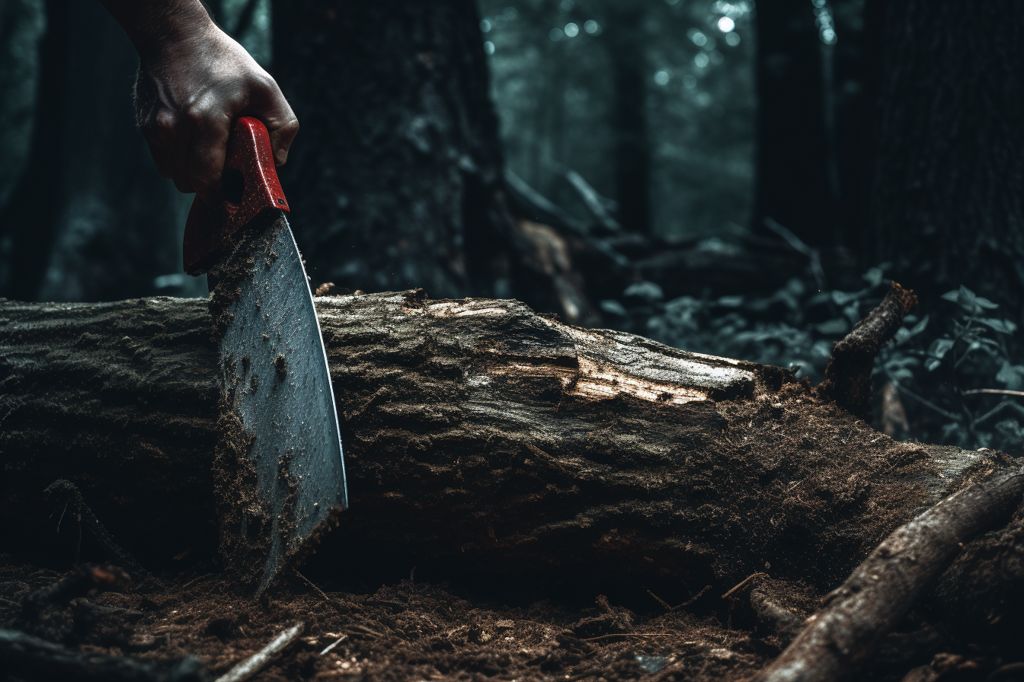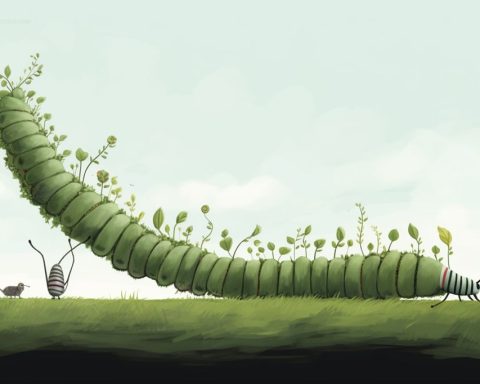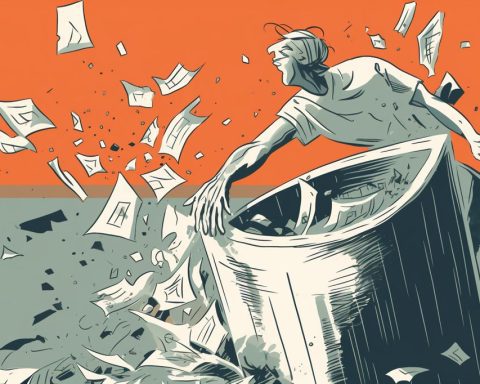Straying from the Comfort Zone: A Painful Lesson in DIY
In today’s world, where do-it-yourself (DIY) projects are often seen as a rite of passage, it’s not uncommon for us to venture into unknown territory with little knowledge or experience. Gasant Abarder, an influential media personality and author of “Hack with a Grenade,” recently shared a difficult lesson in his #SliceofGasant column. He narrated the repercussions of venturing beyond his comfort zone and attempting to undertake home projects that should have been reserved for professionals.
Abarder’s foray into DIY began with what seemed like a simple task – cutting down a few trees on his property. Despite acknowledging his limitations, he faced the challenge with determination. However, his aspirations soon encountered a roadblock when faced with the fact that tool rental shops were closed, forcing him to use a hacksaw instead of a chainsaw. Regardless, Abarder persevered, channeling his inner Rocky Balboa as he managed to fell the smaller trees.
Clarity through Mishaps: Learning the Importance of Expertise
Following the tree removal, Abarder moved on to the indoor task of mounting a television bracket. Once again, his enthusiasm encountered an unforeseen problem – drilling into an electrical wire and causing a power outage. This incident served as a wake-up call for Abarder, who recognized the significance of fully evaluating a situation before diving into it headfirst.
After seeking the help of his friend and electrician, Ebrahim Bailey, to repair the damage, Abarder contemplated the importance of leaving specialized tasks to skilled professionals. While the appeal of handling a task independently can be alluring, it frequently proves to be more costly and potentially hazardous in the long run.
As Abarder continued to seek professional guidance, he was amazed by the expertise and passion demonstrated by the tradespeople he came across. Their knowledge and abilities inspired him to rethink his DIY endeavors, eventually realizing that there is wisdom in sticking to one’s area of expertise – a lesson that many of us could benefit from.
Embracing the Value of Work and Supporting the Economy
With unemployment rates on the rise, Abarder’s experience serves as a reminder of the dignity and worth of work. By employing professionals to handle tasks beyond our skillset, we not only guarantee the job is done properly, but we also contribute to the overall health of the economy. In doing so, we create opportunities for those who may be struggling to find employment. Consequently, we can play a small role in addressing broader societal issues such as crime and mental health.
The temptation to take on DIY projects may be formidable, but Abarder’s story emphasizes the importance of acknowledging our limitations and appreciating the talents of professionals. By recognizing our strengths and weaknesses, we can concentrate on honing the skills that set us apart while leaving specialized tasks to those best suited to tackle them. By “staying in our lane,” we can contribute to a more thriving and interconnected society.










